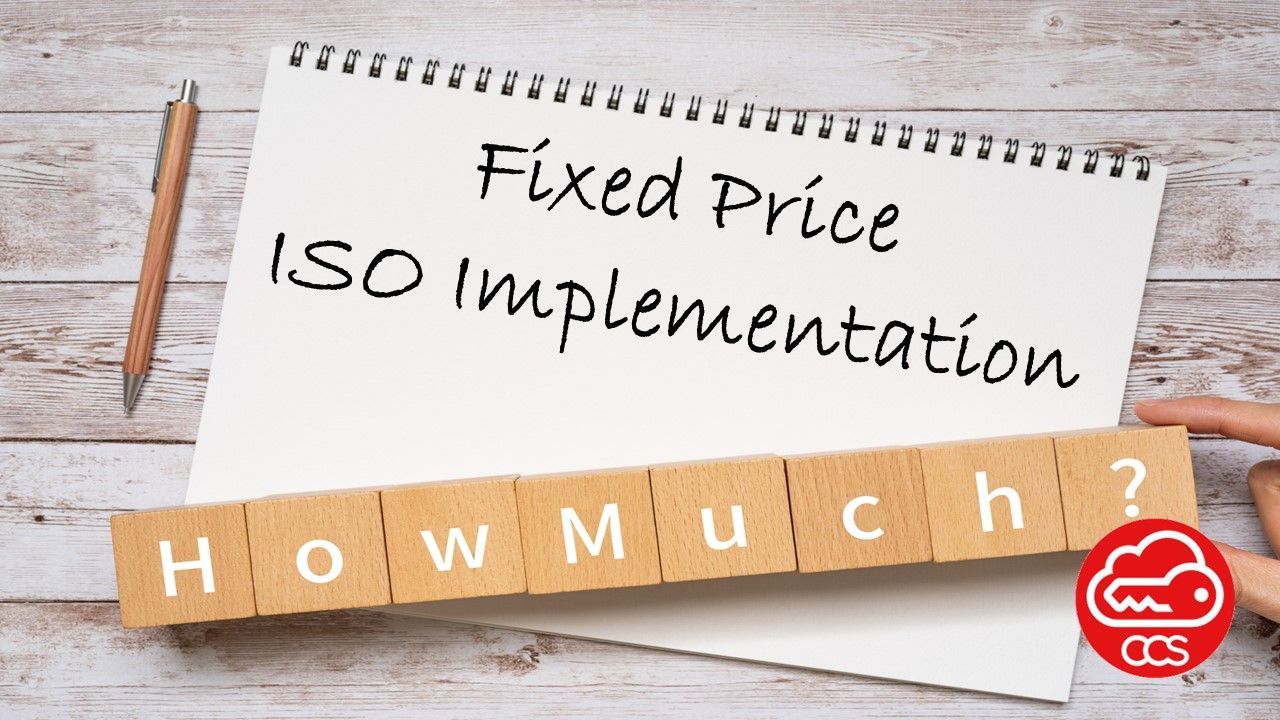ISO standards are a set of guidelines and criteria developed by the International Organization for Standardization (ISO) to ensure quality, safety, efficiency, and consistency in products, services, and processes across industries. These standards cover a wide range of areas, including quality, artificial intelligence, manufacturing, technology, healthcare, food safety, environmental management, business continuity and more.
ISO Standards: An Investment, Not Just a Badge
In today’s competitive and fast-paced market, achieving ISO certification has become an essential milestone for organisations aiming to build trust, credibility, and operational excellence. ISO standards provide frameworks across various business areas, such as quality management, environmental sustainability, information security, and, more recently, artificial intelligence.
However, the real value of ISO certification goes far beyond simply adding a “badge” to a website or marketing materials. It’s about investing in the long-term resilience, efficiency, and reputation of an organisation. Viewing ISO standards as an investment rather than a credential brings lasting benefits, whereas a superficial approach can create challenges that ultimately hinder growth.
Why ISO Standards Are an Investment
- Continuous Improvement and Efficiency
- ISO standards are designed to encourage continuous improvement. By adopting these standards, businesses implement structured processes and best practices that reduce inefficiencies, identify areas for enhancement, and establish a culture of quality. For instance, ISO 9001 for Quality Management fosters consistent monitoring and process optimisation, reducing waste and improving performance over time. This approach directly contributes to cost savings and provides a competitive edge, making ISO a worthwhile investment.
- Risk Management and Resilience
- ISO certifications, especially standards like ISO 27001 for Information Security, guide organisations in establishing robust risk management frameworks that help to mitigate risks, protect assets, and respond to disruptions effectively. In a world of increasing cybersecurity threats and regulatory demands, such resilience is invaluable. By viewing ISO standards as an investment in stability, companies safeguard their operations, reputation, and long-term viability.
- Customer Confidence and Market Access
- ISO standards are globally recognised, and achieving certification sends a strong message to customers, partners, and regulators that an organisation is committed to high standards. This commitment builds trust and opens doors to markets where compliance with ISO standards is essential. Furthermore, clients often favour ISO-certified suppliers, associating certification with reliability, safety, and quality. In sectors like healthcare, aerospace, and finance, ISO certification is often a prerequisite for contracts, making it an investment in both market access and customer confidence.
- Employee Engagement and Organisational Culture
- ISO standards encourage a culture of accountability, collaboration, and continual learning. When an organisation genuinely embraces these standards, employees become more engaged, gain clarity on their roles in achieving quality and efficiency, and are motivated to improve. Over time, this creates a culture in which everyone contributes to the organisation’s success. Investing in this cultural shift positively impacts employee satisfaction and retention.
Challenges of Viewing ISO Certification as Just a “Badge”
When organisations view ISO certification merely as a checkbox or a marketing asset, they miss out on its core benefits. Implementing ISO standards superficially or for appearances only often results in these key issues:
- Increased Operational Costs and Inefficiency
- Without a genuine commitment to ISO practices, organisations may attempt to cut corners, leading to inefficiencies and a lack of accountability. For example, if an organisation implements ISO 14001 for Environmental Management just for the badge, it may neglect crucial sustainability practices, resulting in waste and compliance issues. This approach often increases costs rather than reducing them and creates an impression of “greenwashing” without genuine environmental impact.
- Compliance Without Value
- When ISO standards are implemented purely to pass an audit, organisations miss the opportunity to leverage these frameworks for real operational improvements. Processes may be documented solely for auditors rather than as tools for continuous improvement. Over time, this approach leads to stagnation and an inability to adapt to changing market demands, turning certification into a costly exercise with limited real-world benefit.
- Lack of Employee Engagement
- Employees quickly see through a superficial approach to ISO standards. If they sense that management is only interested in “getting the badge”, they may disengage from the process, viewing it as added work with little purpose. This lack of engagement leads to poor adherence to standards and reduces the potential impact of ISO practices. A genuine investment, however, empowers employees to take ownership and participate meaningfully in quality initiatives.
- Increased Risk and Reduced Customer Trust
- When organisations don’t fully implement ISO standards, they remain vulnerable to risks that could have been mitigated. For example, a business pursuing ISO 27001 for Information Security only for certification may neglect crucial security protocols, making it susceptible to breaches. Customers and partners lose trust in organisations that fail to meet their certification promises, harming relationships and reputations.
- Difficulty in Passing Future Audits
- ISO standards require ongoing compliance, with periodic audits to ensure that organisations continue to meet their criteria. Companies that implement ISO superficially often struggle during these audits, as processes and documentation may be incomplete or outdated. This jeopardises certification and often requires costly reworking of systems and practices, turning certification into a liability rather than an asset.
Making ISO Certification a Genuine Investment
To harness the full benefits of ISO certification, organisations should adopt a mindset of continuous improvement and commitment. Here are some practical ways to approach ISO standards as an investment:
- Conduct a Gap Analysis
- Before implementing ISO standards, organisations should conduct a gap analysis to identify areas for improvement. This helps tailor the ISO framework to the organisation’s unique needs, ensuring it addresses specific challenges and aligns with strategic goals.
- Allocate Resources and Training
- Investing in ISO means dedicating sufficient resources, time, and training. This includes training employees on ISO standards, creating a cross-functional team to oversee implementation, and allocating resources for ongoing compliance. Trained and informed employees are key to realising the full value of ISO.
- Embed ISO Standards in Company Culture
- Integrate ISO principles into the organisation’s daily practices. Make quality, environmental responsibility, or information security central to operations, empowering employees at every level to contribute to these goals. Leadership buy-in is critical; leaders should communicate the importance of ISO standards as part of the organisation’s values.
- Set Measurable Goals and Track Progress
- To get the most out of ISO certification, set measurable goals that align with the standards, such as reducing waste, improving product quality, or strengthening data security. Use these goals to track progress and continually refine practices, treating ISO certification as a dynamic tool rather than a one-time achievement.
- Use Audits as a Learning Opportunity
- Rather than viewing audits as hurdles, use them to gain valuable insights into areas for improvement. Treat audits as opportunities to learn and make necessary adjustments. This approach helps the organisation adapt to changing standards and regulations while building a culture of continuous improvement.
ISO certification, when viewed as an investment, significantly enhances operational efficiency, customer trust, and risk management. It is a commitment to quality, accountability, and resilience that pays dividends over time.
Organisations that view ISO as merely a badge risk increased costs, disengaged employees, and loss of credibility. By embracing ISO standards as a valuable tool for continuous improvement, organisations can build a foundation for long-term success, turning certification into a powerful asset that drives real-world impact and competitive advantage.





